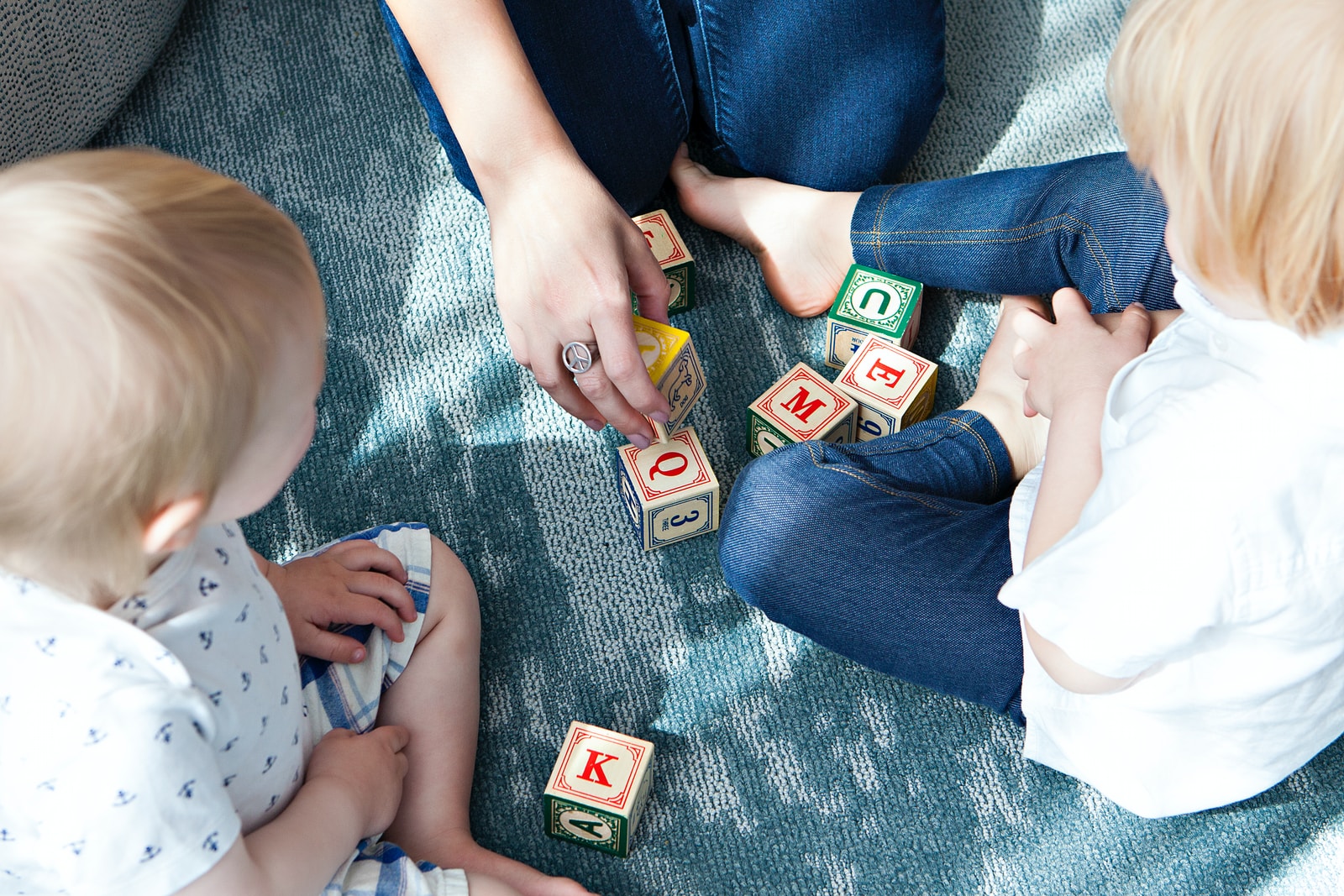One of the toughest challenges as parents is explaining to our children the topic of death and grief.
It is a challenge that is necessary so that our children learn not to run away from their feelings but to seek support when they are facing the heavy loss of someone they love. But many of us do not know where to start….how to explain…what to say.
Cornerstone of Hope recognizes this need and so below are tips that have been gathered from The Grieving Child: A Parent’s Guide, by Helen Fitzgerald, to guide parents on how to approach these challenging conversations with their little ones who are grieving.
Be aware of personal loss issues.
Our own experiences with death and grief can have a major impact on how we respond to our children.
Establish and maintain contact with the school.
Children spend many hours of their day at school. The more you can learn from teachers and school counselors, the better you will be able to provide support at home. Likewise, the more you can share with teachers about what you are observing at home, the better equipped the teachers will be.
Approach the topic of death and grief with your children.
If you tell children, “Let me know if you need to talk,” there is a good chance they won’t. Children are often uncomfortable initiating conversations about an emotionally laden topic, especially if they think it might upset their parents. Reach out to them and let them know it is okay to talk to you.
Keep in mind the developmental level of the child and begin there.
Younger children need simple, concrete definitions and explanations.
Use proper terminology
Such as cancer, death, died, etc. Avoid euphemisms like gone away, passed on, eternal rest, left us, etc. Abstract phrases such as these can confuse children.
Use the deceased person’s name or title
(i.e., Mother, Aunt Jane).
Listen.
Let the child’s questions guide you. Answer with a question until you understand exactly what the child is asking.
Review your conversation.
Ask the child to summarize what he/she heard you say. This provides opportunities to clarify misconceptions.
Be patient.
Remember, children may ask the same questions or tell the same stories over and over again as they process and adjust to their loss.
Avoid saying, “I know exactly how you feel.”
Relate to the child’s feelings, but do not take ownership of them.
Remember that grief may be intermittent.
Children grow up with their loss and may have reactions at various points of their development regardless of how long ago the loss occurred. Also, be aware of the resurfacing of emotions around important days of the year such as birthdays, holidays, and the anniversary of the death.
Grief is often exhibited through behaviors.
Children need the structure of their normal routine, adult role models, appropriate limit-setting, and discipline. However, grieving children also need affection and security. The need to hear that we understand and that we care about them despite their acting-out behaviors.
Watch for academic decline.
Keep in mind that grieving children may not be well rested due to insomnia, sleep interruptions, and dreams. They many have trouble concentrating and getting their homework done. Offer to assist them with homework or see if the school can recommend a good tutor.
Share your thoughts, concerns, and feelings.
Children learn what is acceptable from parents/guardians. Give them permission to grieve by allowing them to see you grieve.
Reassure the child the death is not their fault.
Children often think something they did or thought must have somehow caused the death to happen.
Remember, loss and grief are unique.
Allow children to teach you what their loss means to them.
Encourage and provide opportunities for the expression of feelings.
Communicate that it is okay to express emotions. Use children’s natural expressive outlets such as stories. Encourage and provide opportunities for the expression of feelings. Utilize children’s natural expressive means such as stories, art, games, play, and music to stimulate expression and conversation.
Share your religious and spiritual beliefs with your child.
Children may become angry with God. Let them know that this is a normal reaction that happens to some people. Reassure them that God still loves them and will use time, love, and the special people in their lives to help them through their anger and pain.
It is okay to say, “I don’t know” to your child.
Nobody has all the answers. There are some things beyond our understanding.
Do not be afraid to seek grief support for your child.
Individual support can address personal loss issues, and support groups can help children feel less isolated and different from others their age.
Reference: Fitzgerald, Helen. The Grieving Child: A Parent’s Guide, New York: Simon & Schuster 1992.

No Comments.